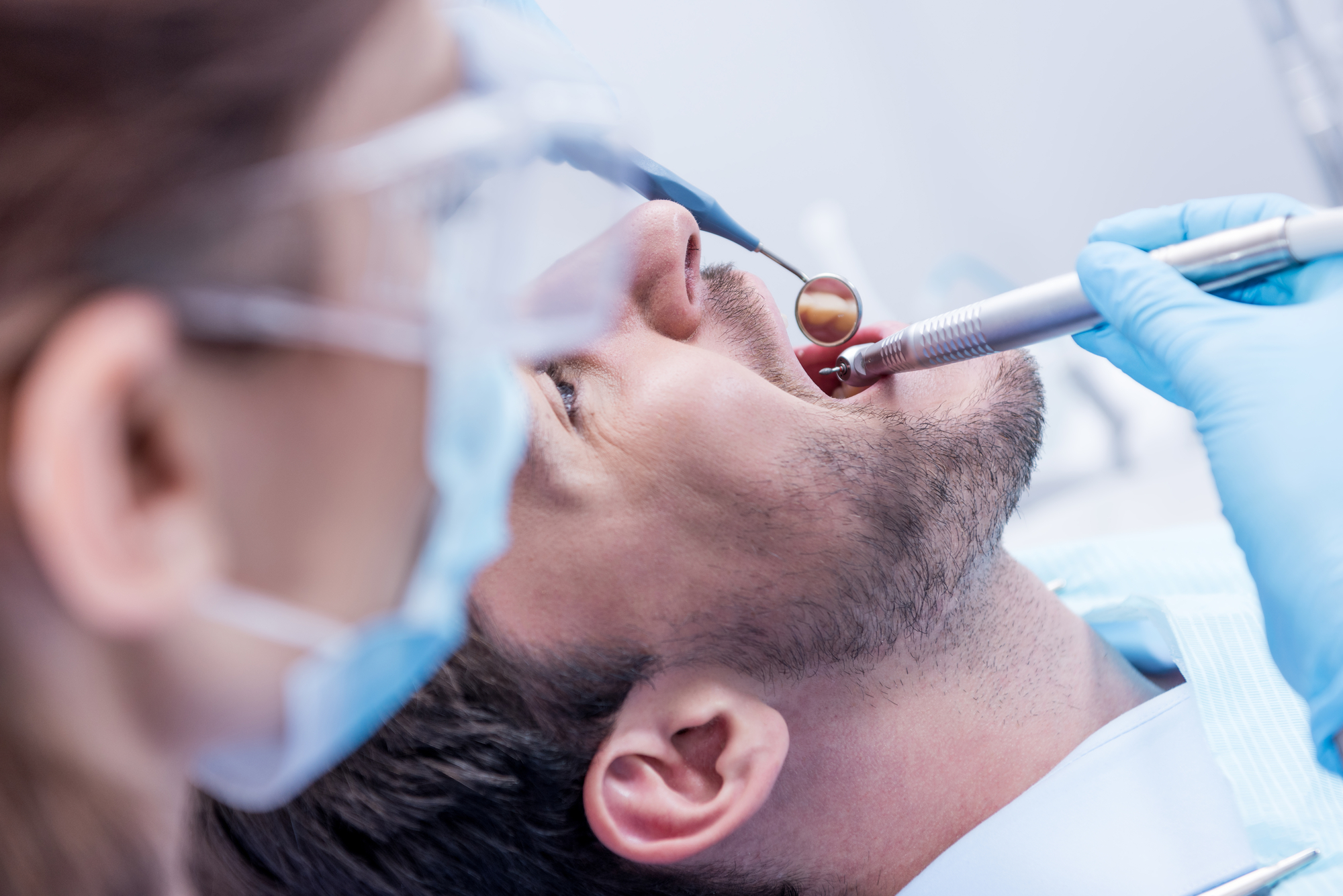Periodontal disease is a disease of bone and gum. It means a disease around the teeth causes inflammation around the tissue surrounding the teeth. If left untreated, the disease can cause bone loss, resulting in tooth loss. There has been a lot of misinformation, and only a few people know about this disease. The worst thing is that apart from affecting oral health, periodontal disease can also lead to other issues in the body away from the mouth. In that case, dentists need more than a periodontal disease web page to educate people about it. Why does periodontal disease need more publicity?
Defining Periodontal Disease
Periodontal diseases are divided into two categories:
- Gingivitis
This is the inflammation of the gums characterized by swollen, tender, and red gums that bleed and causes bad breath. Simple dental hygiene, quitting smoking, and a proper diet can help treat gingivitis, a lack of which leads to periodontitis.
- Periodontitis
This advanced stage of gum disease involves damage to the tissues supporting the teeth and the bone. The condition is characterized by the following;
- Bad breath
- Gum inflammation
- Deep pockets between gum and teeth
The Link between Periodontal Disease and Other Diseases
As mentioned earlier, periodontal disease also contributes to other conditions. Here are two popular ones.
- Periodontal Disease and Inflammatory Bowel Disease
There is a relationship between periodontal disease and inflammatory bowel disease. How do these two connect? There is available evidence that periodontal disease is linked to cardiovascular disease and diabetes. However, how does it connect with inflammatory bowel disease? According to a European research project publication, people with this disease have periodontitis and fewer teeth, unlike those who don’t have the condition. The same research also shows that people with both IBD and periodontitis have a stronger severe intestinal disease than people with IBD only. In that case, awareness and treatment of periodontitis positively affect managing IBD.
- Periodontal Disease and Arthritis Flare-ups
Another research conducted by Rice University and biologist Vicky Yao shows that there were traces of bacteria from rheumatoid arthritis patients associated with periodontal disease. This study emphasizes that finding the connection between the two could help develop effective therapies for this type of arthritis. Remember, rheumatoid arthritis is an autoimmune inflammatory disease that affects the heart, joints, lungs, and eye lining. According to this study, the germs associated with the flare-ups had a link with gum disease. It could be possible to prescribe a specific type of mouthwash to prevent outbreaks due to rheumatoid arthritis.
Other conditions associated with periodontal disease include:
- Heart disease
- Diabetes
- Cardiovascular disease
- Respiratory disease
Why Create Awareness?
Creating public awareness to help manage periodontal disease and other associated diseases is essential. Preventing this disease could mean preventing others and developing better management measures. Remember, it’s not a dental procedure that’s easy to display on social media. However, dentists are doing their best to spread awareness.
Conclusion
From research and the details above, it is clear that there is a strong link between periodontal disease and other diseases like inflammatory bowel disease and rheumatoid arthritis flare-ups. It is crucial to display awareness to develop preventive measures and find ways to manage these diseases.


